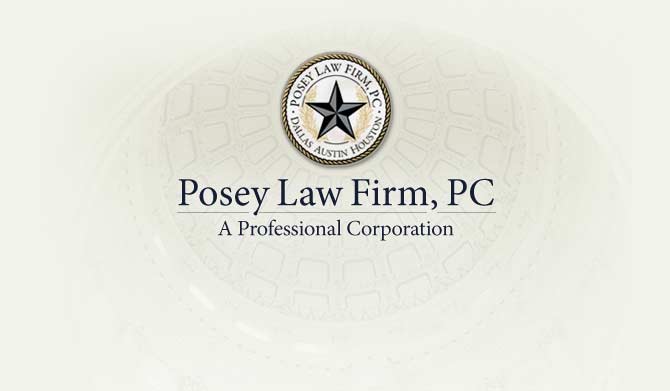Businesses that strive toward excellence usually try to live by a moral and ethical code that includes contributing to the greater world. Today businesses evaluate their principles of social responsibility, inclusion and diversity, and transparency. In making a commitment to ethical business practices, and with a desire to contribute to the world, many businesses support their staff participating in development activities in the third world, and many are sponsoring these activities with people, financial resources, and planning.
The idea of building a school for a community in the developing world is very appealing. In our culture, building a school means education, and education means opportunity and that leads to income security. We hope income security is the end result of development activities in impoverished communities--people moving out of poverty. But does it actually work? Do schools built in the developing world actually allow children to get an education that impacts their future? How do we make sure our money and our work are going to have an impact? What are the variables that can cause a project to fail or succeed?
J-PAL is MIT's Poverty Action Lab, a consortium of professors and universities that share research, policy outreach, and training. The goal of this organization is to make sure policy decisions are informed by proper science. A look through the research on J-PAL's website shows that schools and community school building projects may improve poverty conditions for children, but there are significant issues that should be addressed before proceeding: access to quality teachers, classroom size, traditional use of child labor, community participation, financial incentives for parents, school savings programs, materials and equipment, social and religious views on girl's education, children's health initiatives, and how to address local corruption.
According to Texas attorney Jake Posey, two programs stand out as models for success, and both use a research-based model of community participation. Jim Ziolkowski of BuildON uses a community covenant model. Working with communities that historically have not have schools, BuildON makes a covenant with all the adults in the community, men and women. Each adult pledges what they will contribute to the project, and each signs a formal document to that effect--for many women, it is the first time they have ever signed their names. If the community keeps to their promised responsibilities, BuildON returns after two years for more school building.
Lo-Fab is a design-build philosophy from the Mass Design Group, a Boston-based group of architects. With the idea that buildings and the act of building can heal a community, the principals of LoFab are:
- Hire Locally
- Source Regionally
- Train Where You Can
- Invest in Dignity
Building as Healing was described by architect Michael Murphy of the Mass Design Group in a TED talk that used the principles of LoFab as a model for building in the developing world.
MIT's Poverty Action Lab gives us the ability to ensure that our contributions to poverty alleviation in the developing world will have a true impact on impoverished children and their communities.


